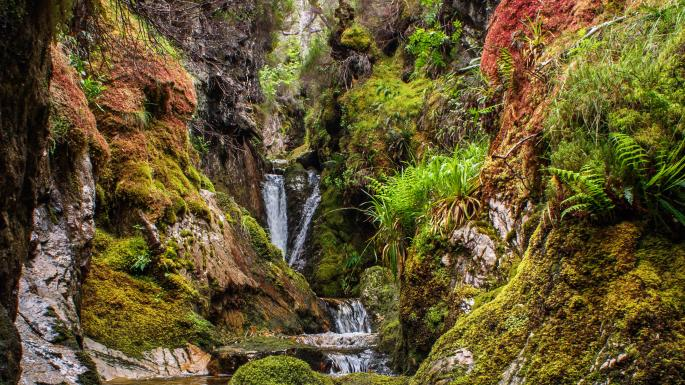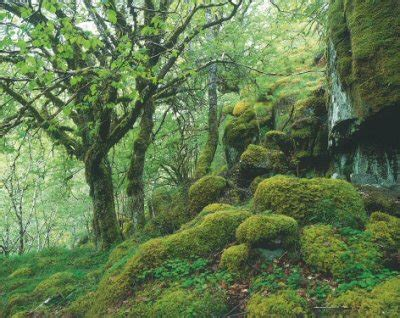The photo used on the BBC's story about Boris Johnson's pledge to increase the area of the UK's "protected" land illustrates our bizarre notions of protection. Anywhere else on Earth, we would recognise this scene, in our temperate rainforest band, as an ecological disaster zone. 
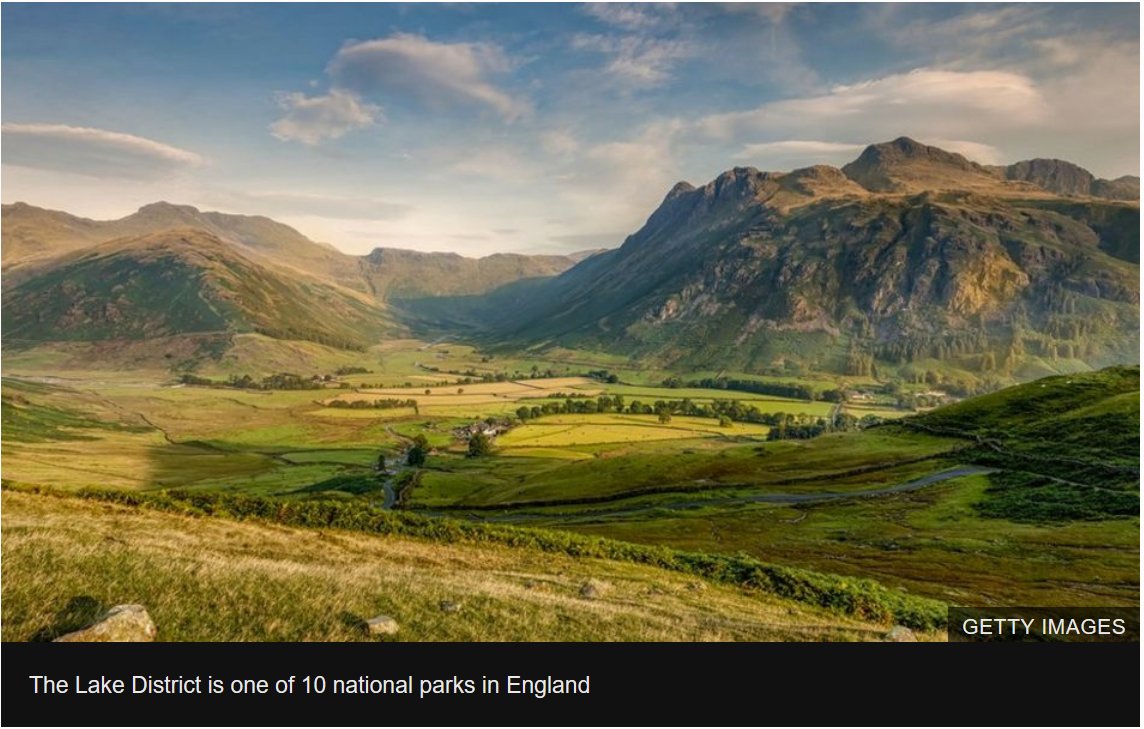
This is why I find it hard to get excited about government pledges to defend the living world. Meaning dissolves in a haze of undefined terms and unexamined baselines.
Our national parks are largely composed of sheep ranches, grouse shoots and deer stalking estates. Yet they form the core of the "protected" areas Johnson has promised to expand. They make a mockery of the government’s pledge, even before the ink is dry.
This is what British rainforest looks like (photo by Neil Burnell). Yet it has been eradicated almost everywhere. Why isn't its restoration a government priority? Why do we tolerate "national parks" that are ecological deserts? 
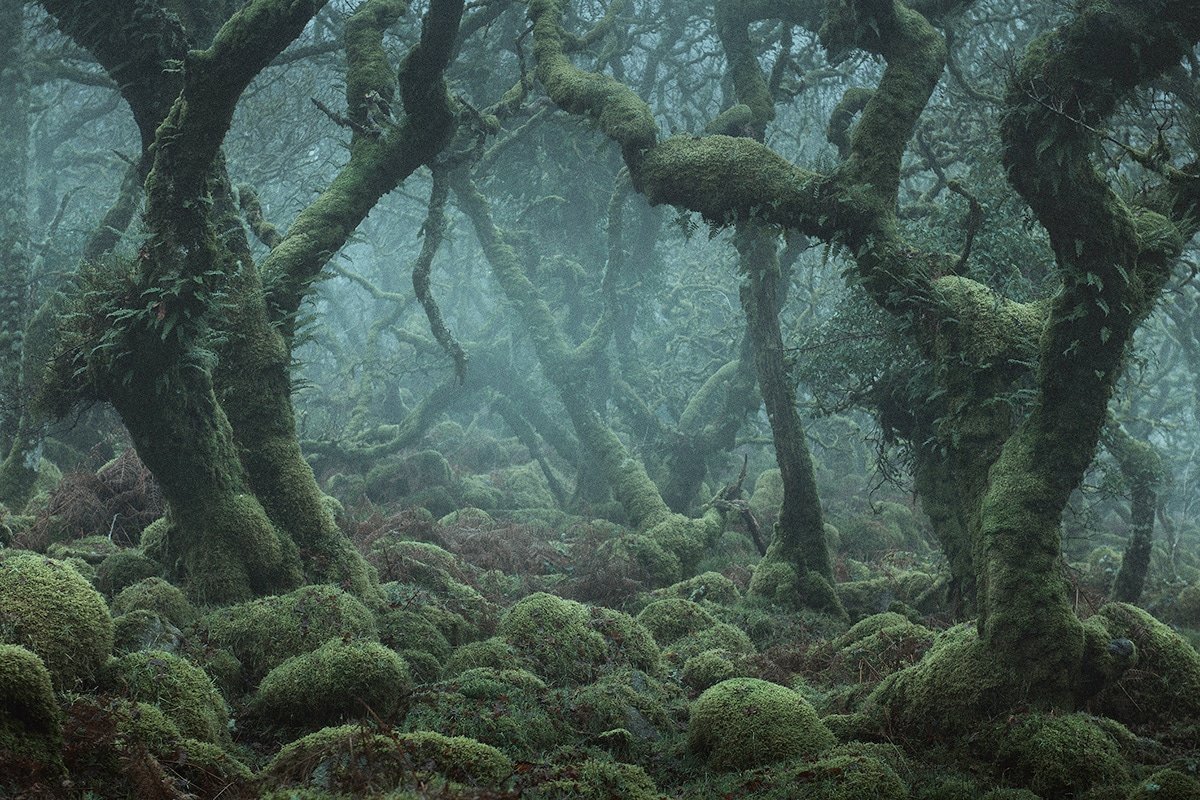
More British rainforest pics. These are tiny remnant pockets, mostly in gorges too steep to graze sheep. 
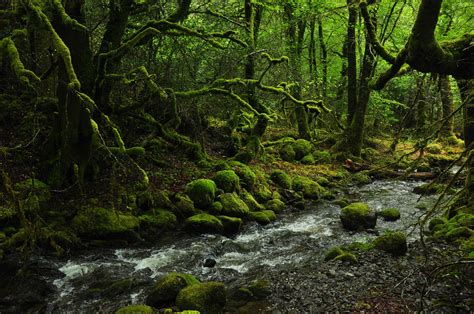
A good definition of rainforest is forest wet enough to support epiphytes - plants that grow on other plants. This is where we would expect to find it (sciencedirect.com/science/articl…): 
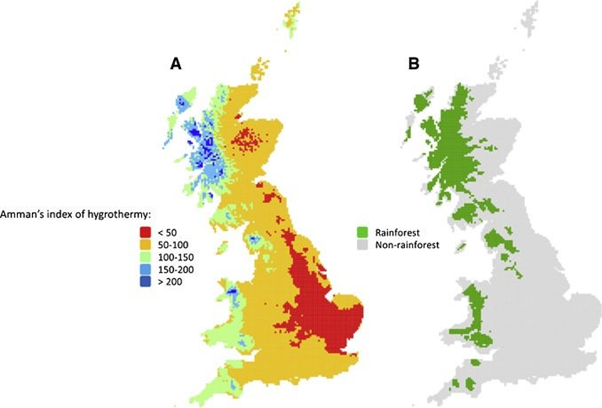
Broadly speaking, while you would expect a mix of habitat types in central and eastern Britain, in the western uplands, rainforest would be the dominant ecosystem. It has been eradicated mostly by sheep and cattle grazing: they selectively browse out tree seedlings.
The old trees die in their boots, and there are no young ones to replace them. In many remnant woods, especially in Wales, you see a complete absence of understorey: sheep have eaten all the seedlings. I repeatedly find patches with no trees younger than 100 years.
The subsidy rules are clear: you must keep your sheep out of the woods. In Wales, in my experience, they are brazenly flouted almost everywhere, and still the money is paid. While this continues, why should we believe any government that says it will restore our ecosystems?
This applies to all four nations of the UK. They talk the talk, but won't stand up to the tremendous cultural power that farmers wield. This cultural power seems to be even greater than the economic power of many corporate sectors.
• • •
Missing some Tweet in this thread? You can try to
force a refresh

